Myths about teaching can hold you back
- Year 6
Identify and describe the relationship between irregular polygons using scale factors
You can identify and describe the relationship between two irregular polygons using scale factors
- Year 6
Identify and describe the relationship between irregular polygons using scale factors
You can identify and describe the relationship between two irregular polygons using scale factors
These resources will be removed by end of Summer Term 2025.
Switch to our new teaching resources now - designed by teachers and leading subject experts, and tested in classrooms.
These resources were created for remote use during the pandemic and are not designed for classroom teaching.
Lesson details
Key learning points
- Two similar shapes can be described as being 'x' times greater or smaller than each other.
- If one similar shape is smaller than another, the scale factor is a fraction.
- Shapes related by a scale factor are similar.
Keywords
Irregular polygon - An irregular polygon is a polygon where the sides and angles are not all equal
Common misconception
Not comparing the same or corresponding sides of related shapes.
Label the sides of shapes clearly and refer to them with consistent language of height and width.
To help you plan your year 6 maths lesson on: Identify and describe the relationship between irregular polygons using scale factors, download all teaching resources for free and adapt to suit your pupils' needs...
To help you plan your year 6 maths lesson on: Identify and describe the relationship between irregular polygons using scale factors, download all teaching resources for free and adapt to suit your pupils' needs.
The starter quiz will activate and check your pupils' prior knowledge, with versions available both with and without answers in PDF format.
We use learning cycles to break down learning into key concepts or ideas linked to the learning outcome. Each learning cycle features explanations with checks for understanding and practice tasks with feedback. All of this is found in our slide decks, ready for you to download and edit. The practice tasks are also available as printable worksheets and some lessons have additional materials with extra material you might need for teaching the lesson.
The assessment exit quiz will test your pupils' understanding of the key learning points.
Our video is a tool for planning, showing how other teachers might teach the lesson, offering helpful tips, modelled explanations and inspiration for your own delivery in the classroom. Plus, you can set it as homework or revision for pupils and keep their learning on track by sharing an online pupil version of this lesson.
Explore more key stage 2 maths lessons from the Ratio and proportion unit, dive into the full primary maths curriculum, or learn more about lesson planning.

Licence
Prior knowledge starter quiz
6 Questions
Q1.There is lots of information given about this shape. Which bits of information tell you about its dimensions?
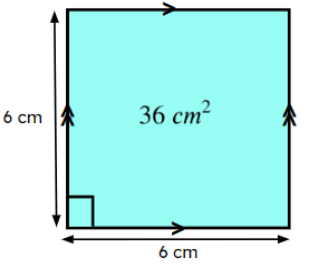
Q2.Which of these pairs of shapes are similar?

Q3.What is the scale factor between hexagons A and B?
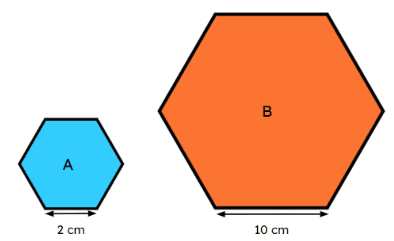
Q4.What number is one and a half times the size of 6?
Q5.Which of these shapes is similar to triangle A with a scale factor of 4?
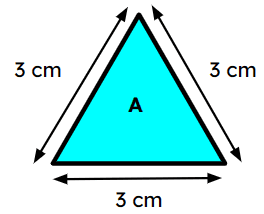
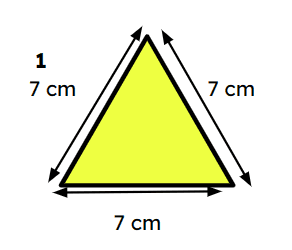
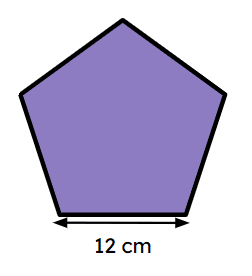
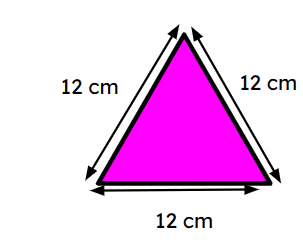
Q6.Which of these shapes is similar to square A with a scale factor of one half?
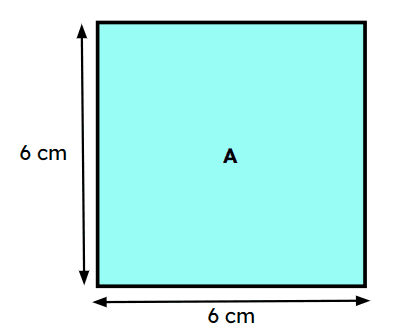
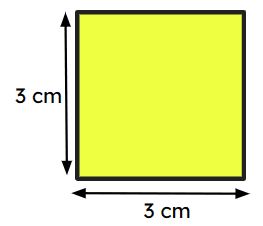
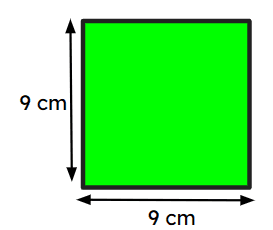
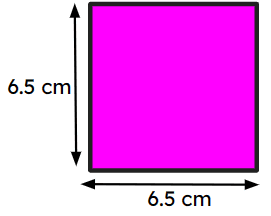
Assessment exit quiz
6 Questions
Q1.Which of these shapes are regular polygons?
Q2.Which of these shapes are irregular polygons
Q3.Is a hexagon a regular shape?
Q4.A and B are similar rectangles. What is the missing dimension in rectangle B?
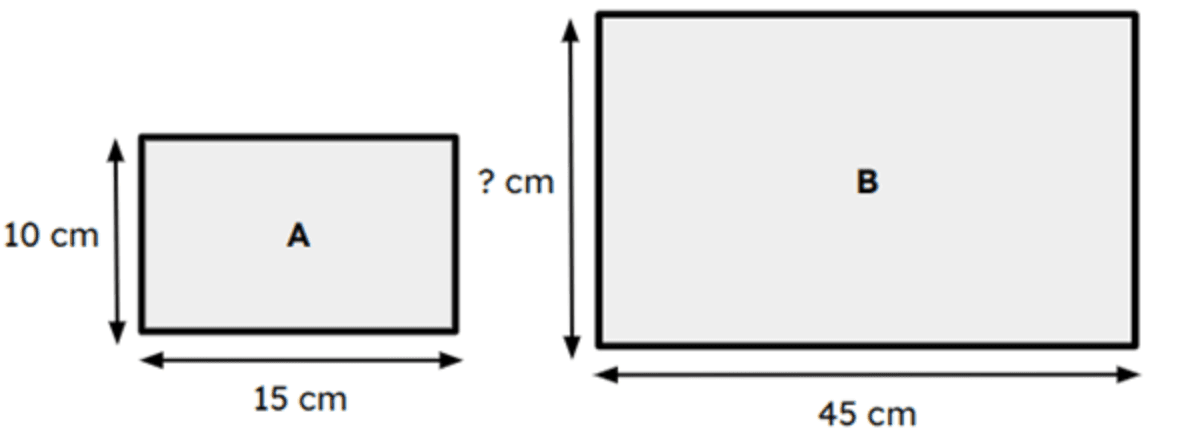
Q5.This ratio table gives the dimensions of two rectangles. What is the scale factor between the rectangles?
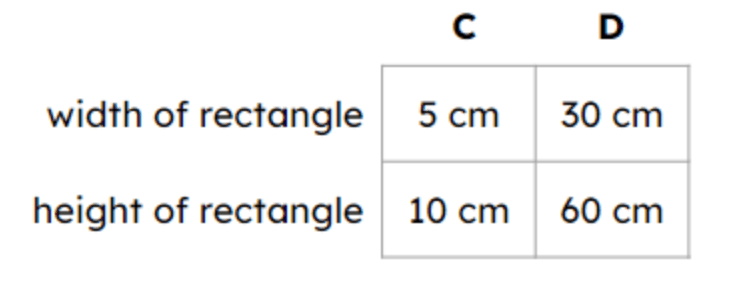
Q6.What is the relationship between the height and width of both rectangles?



